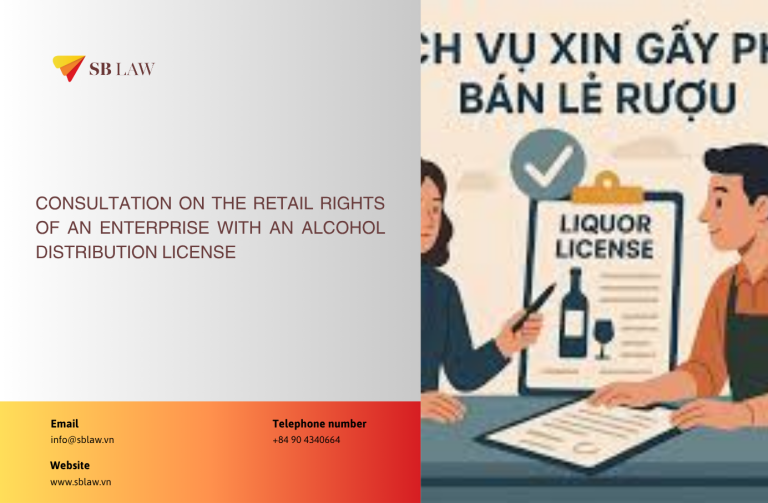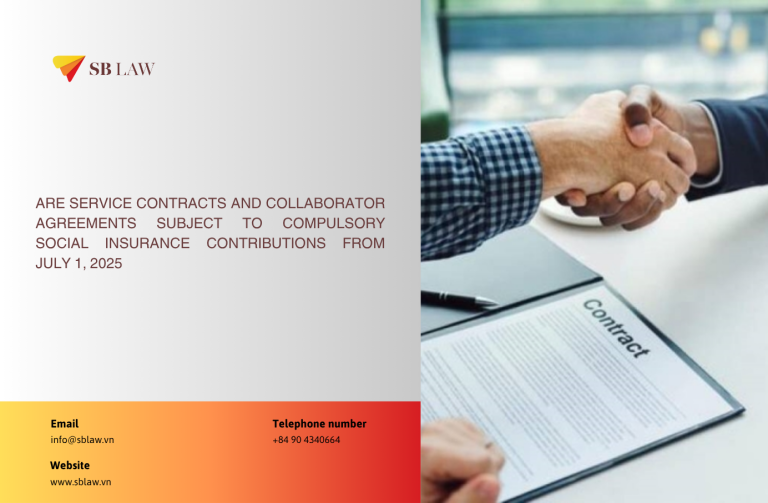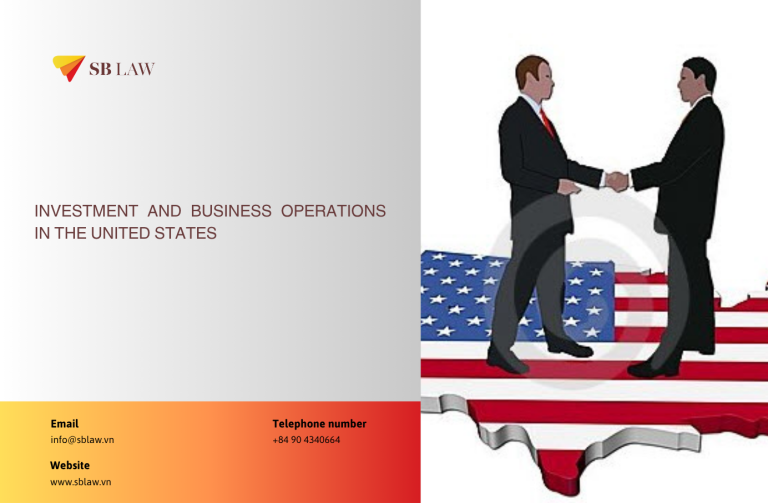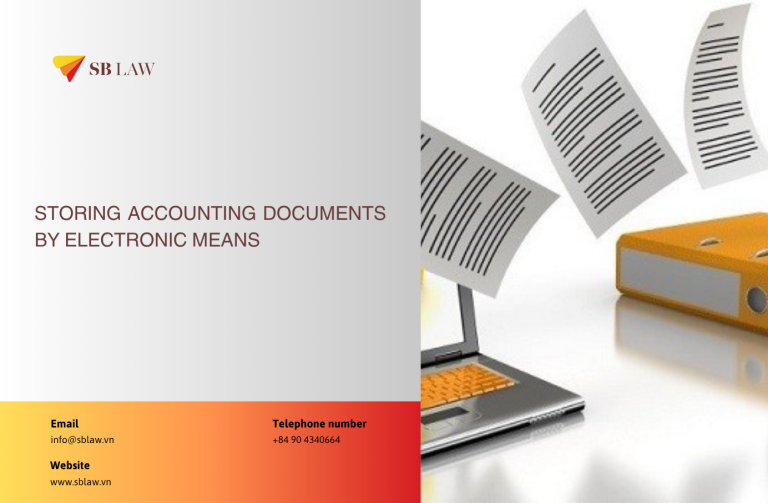Statutory basis
The Brazilian trademark law is codified in Law No. 9.279/1996 [Lei da Propriedade Industrial; LPI].
As the system follows the “first to file principle” and the concept of an unregistered mark is – with the exception of very specific circumstances – foreign to the LPI, trademark protection can only be obtained via registration of a trademark with the Brazilian Institute for Industrial Property [Instituto Nacional da Propriedade Industrial; INPI].
No accession to the Madrid Protocol yet
Brazil’s accession to the Madrid Protocol has been announced for some time but has yet to materialize. At this point in time, therefore, an application for trademark registration in Brazil can only be filed at the national level, i.e. directly with the INPI. If the applicant has his seat or domicile outside the country, he will need to appoint a representative domiciled in Brazil as his authorized receiving agent.
Membership in the Paris Convention
As Brazil is a member of the Paris Convention for the Protection of Industrial Property, applicants can rely on the right of priority afforded by Art. 4 of the Convention when filing for protection in Brazil or (conversely) invoke the priority date of their Brazilian application when filing a trademark application in another member state.
Filing and classification
Since 2004, trademark applications with the INPI can be filed online via the INPI’s website. As this form of filing is supposed to completely replace the paper-based application within the short to medium term, it is promoted via a significant rebate on the application fee.
Brazil is not a signatory state to the Nice Agreement but since the year 2000 nevertheless follows the classification of goods and services as established by the current edition (momentarily the 10th) of said Agreement.
An application that solely refers to a given class or its heading is, however, not permitted. The applicant needs to specify the particular products or services which he is seeking to protect under the respective mark. In this context, the INPI publishes a list of terms for each class which it will readily accept when used in an application. The use of this predetermined set of terms (on an online application) is also the most inexpensive option to file for trademark protection. Since March 2014, the INPI also allows online applications to be filed with a free specification of the list of the products/services (i.e. irrespective of the INPI’s list of pre-approved terms). This option which had - until that time - only been available for paper-based filing, requires the payment of a slightly elevated application fee.
Unlike most other countries, the Brazilian trademark system does not (yet) allow for so-called multi-class applications. This means that if a trademark (word or device) is supposed to be registered in more than one class, separate applications will have to be filed for each class of goods or services in which protection for the given trademark is sought.
Trademark protection: Period and prerequisites
Trademark protection is granted for a period of ten years – counted from the date of registration – and can be renewed for a period of equal length as often as desired (Art. 133 LPI). Brazilian law grants a grace period of five years starting at the date of registration (Art. 143 LPI).
While no declaration of use or intent to use is required, the applicant does – along with the application – need to file an affidavit stating that he is already active in the area (i.e. with regard to the goods and/or services) in which trademark protection is sought [so-called declaração de atividades]. It is not mandatory for such activity to be conducted in Brazil, though. An activity outside the country will suffice.
From application to registration
After the application has been filed, the INPI will conduct a basic assessment of (formal) completeness. Provided the application meets the legal requirements in this regard, it will be published in the INPI’s (weekly) official bulletin [the so-called Revista Propriedade Industrial; RPI]. The publication starts the 60-day opposition period according to Art. 158 LPI. After this period has lapsed, the INPI will launch a detailed exam of the application and decide whether registration will be granted or refused. It is important to note that the INPI will take into account prior registration on an ex oficio basis and that it can refuse registration based on the assumption of confusing similarity (with a prior registration) irrespective of whether an opposition has actually been filed or not. Not least for this reason, a thorough trademark search (to identify identical or confusingly similar prior registrations) is very advisable.
In the course of the application procedure, the INPI does not directly communicate with the applicant. Information regarding the application’s current status and changes thereto, including requests for the filing of additional documents or the payment of additional fees, is instead published in the RPI which – for this reason – needs to be checked on a regular basis.
Length of proceedings
Even though there has already been a marked improvement, the waiting period between application and registration continues to be rather long and must be considered as a negative aspect of the otherwise very well developed Brazilian trademark system. Despite the fact that the INPI purports to already have reached the average period of 18 months (between application and registration) necessary for accession to the Madrid Protocol, our experience shows that a period between two and three years should still be taken into account. An upside in this context is the fact that Art. 130 III LPI already grants a rather extensive protection to the applicant waiting for registration.
Services of Chaves Advogados
Chaves Advogados counsels and aids its clients in all areas of Brazilian trademark law. The spectrum of activities especially includes:
- Extensive advice prior to filing a trademark application
- Execution/analysis of trademark searches
- Preparation or adaptation of lists of goods and services
- Preparation of all necessary documents for filing an application
- Filing of application and monitoring of the proceedings
- Filing/accompanying of opposition proceedings
- Drafting/negotiating co-existence agreements
- Drafting/negotiating license and transfer agreements
Under the information of CHAVES ADVOGADOS
If you would like further information on Brazilian Trademark Registration, please either email to our Partners at: info@sblaw.vn or call to our Office:
Ha Noi Office: +84 (4) 62 62 0246
HCM Office: +84 (8) 35 208 101.




